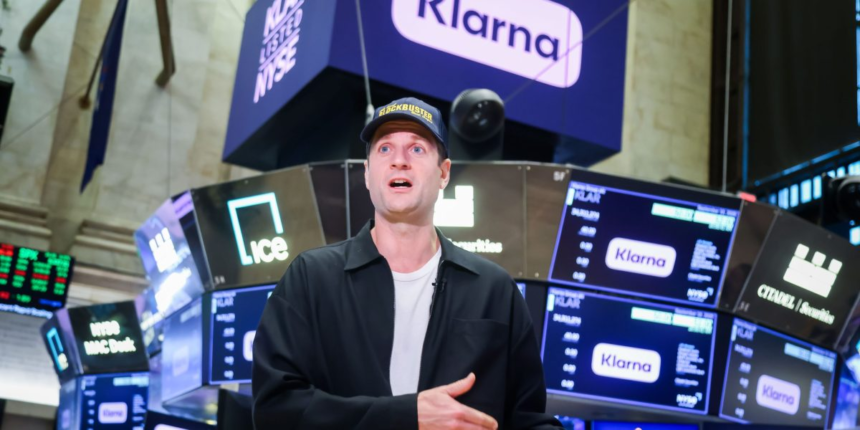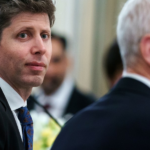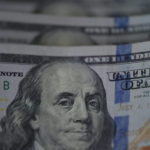Of course, the fintech company’s cofounders, Sebastian Siemiatkowski and Victor Jacobsson, had the most to gain from the debut. Despite leaving the company in 2012, Jacobsson still held on to 31.4 million shares valued at $1.1 billion at the time of the IPO—and will reportedly sell 2.5% of them.
Klarna declined Fortune’s request for comment.
Aside from the cofounders, many of the Swedish fintech company’s executive team had the most to gain thanks to their enviable stock portfolios.
For example, Klarna’s chief product and design officer, David Fock, owns more than 600,000 shares worth a total of $21.6 million—and at the IPO, he plans to sell almost 40% of his stock, according to Sifted reporting.
Meanwhile Niclas Neglén, the company’s chief financial officer, holds around 280,000 shares worth $10 million and plans to sell 8%. And chief marketing officer David Sandström, who owns about 290,000 shares valued at $10.4 million, seeks to offload 30%.
Wednesday’s success is not even the first time Klarna’s surging stock has created a new cohort of millionaires.
Employees who owned as little as a fraction of a percent of a share, as low as 0.0022%, were considered bona fide millionaires.
The biggest bonuses will be in the mid-single-digit millions for top talent, while most are expected to be awarded hundreds of thousands of dollars. About a third of OpenAI’s workforce, around 1,000 workers, qualify for the envy-inducing payments.









